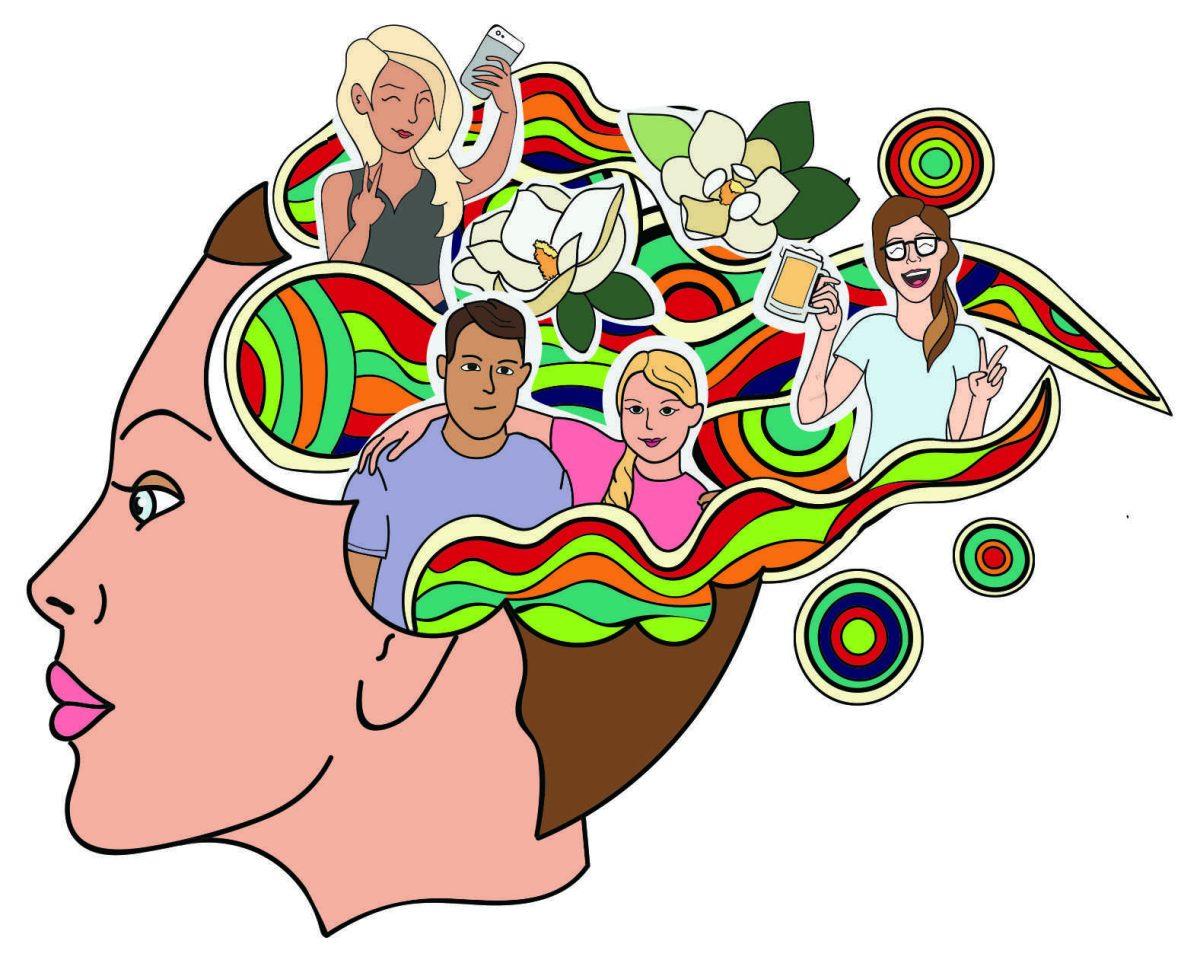A 2007 study by the University of North Carolina at Chapel Hill showed people are more likely to remember things they want to forget the most. The researchers, who studied more than 200 participants, found their subjects could not intentionally forget emotional events as easily as mundane ones, especially when the memories were created through visual cues.
When memories are overwhelming, people often want to forget their problems. However, while forgetting our problems may seem like an easy solution, realistically, it is impossible to naturally forget traumatic events.
Researchers are looking for ways to help people forget bad experiences, but science hasn’t found a delete button to eliminate certain memories just yet. Therefore, it is important for people to take hold of the past and use it to better their futures.
Dr. Susannah Tye, an assistant professor in the departments of psychiatry and psychology at the Mayo Clinic, says bad memories can affect people on two levels: the recollection of the traumatic event and the physical aspect. According to Tye, both can be debilitating for the person suffering the trauma.
Rather than ignoring trauma, it is best to find other ways to cope in a healthy and productive manner. Tye suggests finding “a psychologist or psychiatrist with expertise in trauma” to facilitate progress, according to a 2014 article published by the Chicago Tribune.
For those who can’t afford professional help, there are other healthy options to increase chances of success in the recovery process. For example, University students can seek out school resources like the Student Health Center. There are also national and local organizations, such as the National Alliance on Mental Illness, that help people experiencing mental health issues as a result of stress or trauma.
For those who don’t want to seek help from other people, there are many internet resources about learning how to develop productive coping mechanisms. Any of these options are better than letting your past stew in the background of your life. To really move on, you need to come to terms with what you have been through and make peace with it.
Living a happy life despite struggles is no easy battle, but because forgetting problems doesn’t do any real good, it is important to make the best out of a bad situation. Living with pain can be excruciating, but it is better to work through the pain than to let it slowly eat at us.
As someone who has struggled with trauma, I do not try to forget my past. Though I once wished I could forget my bad memories, I realized how much I cherished those memories when I discovered I had a strong family history of Alzheimer’s disease.
Because I may lose my memories, I understand that all memories, even the bad ones, are blessings. Tragedies happen to everyone, and although it would be easier to repress them, it is best to keep them with us. We all remember things we wish we could forget, but tragedies are what truly shape us as people.
When we forget the bad things in our life, it makes it harder for us to appreciate the good things.
If you haven’t lived through hell, then there is no way to know what heaven is like. If you have not suffered, you cannot know what happiness is.
Lynne Bunch is an 18-year-old mass communication freshman from Terrytown, Louisiana.
Opinion: Bad memories should not be forgotten, help to appreciate good times
By Lynne Bunch
March 29, 2017
Cartoon: Memory





